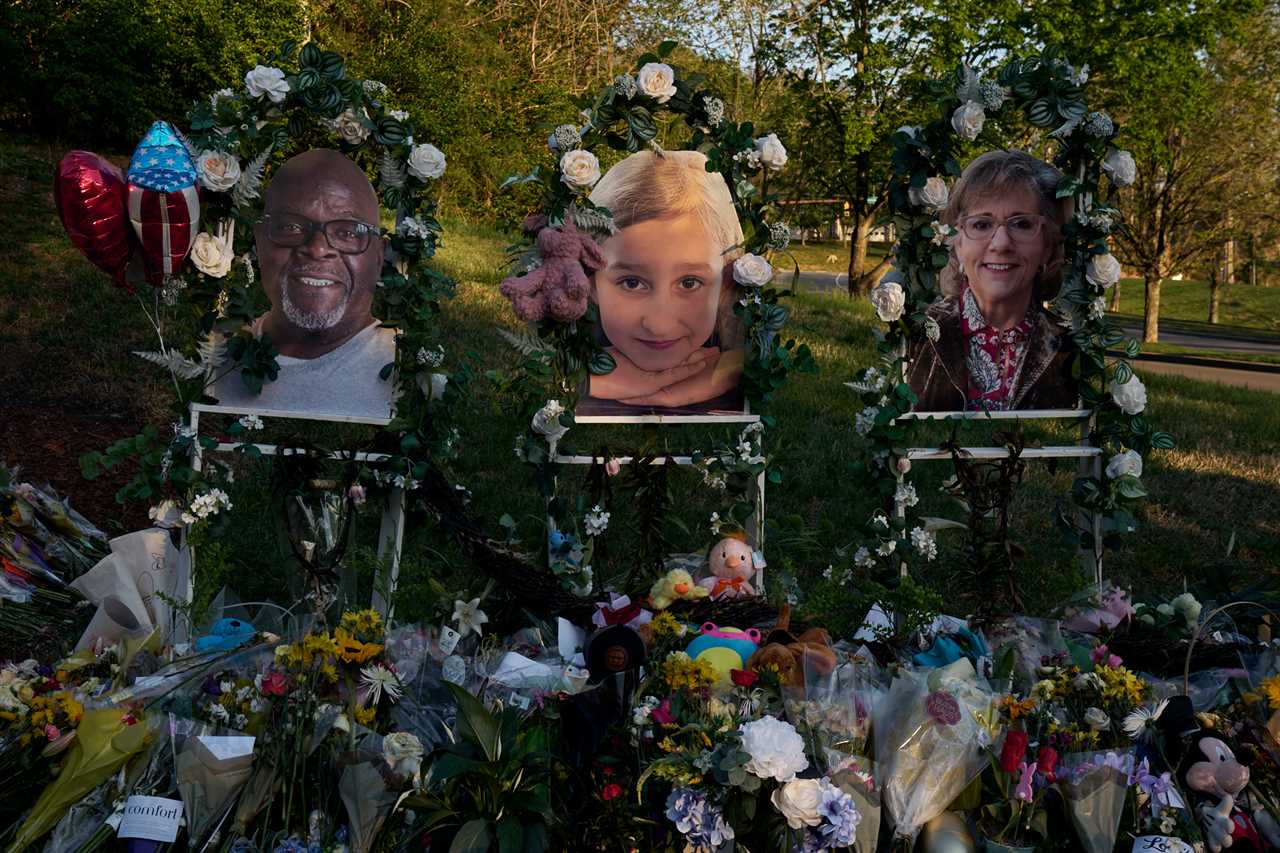
NASHVILLE, Tenn. — Before the Nashville Metro Council voted to return suddenly famous Tennessee state Rep. Justin Jones to his seat this week; before a blue city’s elected officials unanimously reversed a red state Legislature’s overwhelming vote to expel him and temporarily strip 70,000 Nashville-area residents of a representative; and before Jones led a crowd of ecstatic marchers from council chambers a few blocks back through downtown to resume the job he’d lost just days earlier — a crowd of Jones supporters in packed council chambers cheered for a white-haired city lawyer named Wally Dietz.
Dietz stood up near a dais hung with six red and black ribbons, in memory of the six people, including three nine-year-old children, shot to death at nearby The Covenant School on March 27. He had a quick announcement, concerning a different democracy-related battle between the city and its state, one that had already been simmering for weeks by the time Jones and two colleagues became the nationally known “Tennessee Three” for leading bullhorn-loud gun-control protests from the state House floor. Long before the expulsions seen round the world — of Jones and Memphis-area Rep. Justin Pearson, both of them young Black men — the Republican-dominated state Legislature had been trying to cut Democrat-majority Nashville’s 40-member elected council by half, further strangling Democratic power in a state that had very little to begin with. The city had sued the state over this, calling the move “unconstitutional legislative overreach,” and for now, Dietz announced, the city had won. Judges that very day had at least temporarily halted the plan.
The news brought joy to the council chamber after two weeks of grief and anger over the Covenant shooting. On Easter weekend, Covenant Presbyterian’s neighboring churches up and down Hillsboro Pike displayed signs offering prayers and solidarity for the congregation’s victims, one of them the senior pastor’s daughter, while Covenant itself hosted its first services since the shooting on the theme of “our confusion and the resurrection.” If the theme of Christ’s victory over death offered comfort to the hurting faithful, in the political centers across town, religious rhetoric infused partisan strife.
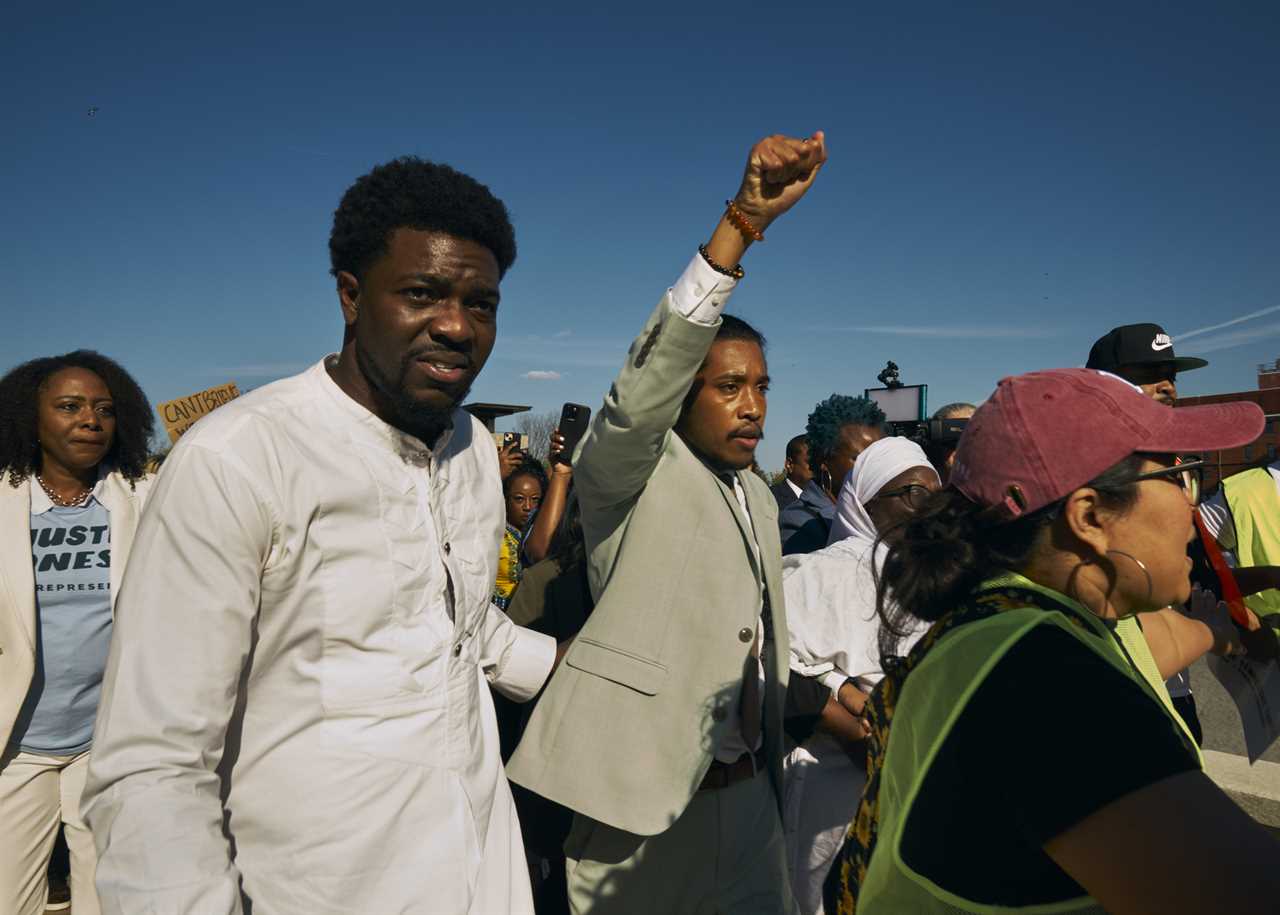
And in the tumult of Jones’s triumphant Monday-evening march, the rally outside and his dramatic re-swearing-in, the news of some judges’ injunction was not destined for hype. Dietz’s more formal press conference Tuesday morning about the injunction was small and staid. But it was a key part of the same story that had fed a media frenzy just one floor up and one day prior. “The court’s decision should be a sign to the Legislature that it cannot do whatever it wants, regardless of the public interest and the impact on the public as a whole,” Dietz declared to the assembled press. “Justin Jones was but a domino in a whole set of dominoes aimed at toppling Nashville’s ability” to control its future, said Davie Tucker Jr., the pastor at Nashville’s Beech Creek Missionary Baptist Church, told me after the press conference.
The voice of Nashville Democrats in almost all representative bodies has been steadily chipped away in recent years, subtly through legislative maps and then sensationally with Jones’s expulsion. “I represent some parts of Nashville that overlap with Justin Jones,” Jeff Yarbro, a Nashville-area state senator, told me over fried chicken at Swett’s, the soul food cafeteria popular with Nashville politicos, before Jones was reinstated. (Yarbro is now running for mayor of the city.) “And I’ve had numerous constituents reach out to complain that they lost their congressman last year, that the General Assembly is trying to eliminate their metro council person this year, and that this week they expelled their state legislator. And every one of those things is true. … From the city to the state to the federal level, our city has lost small-d democratic representation.”
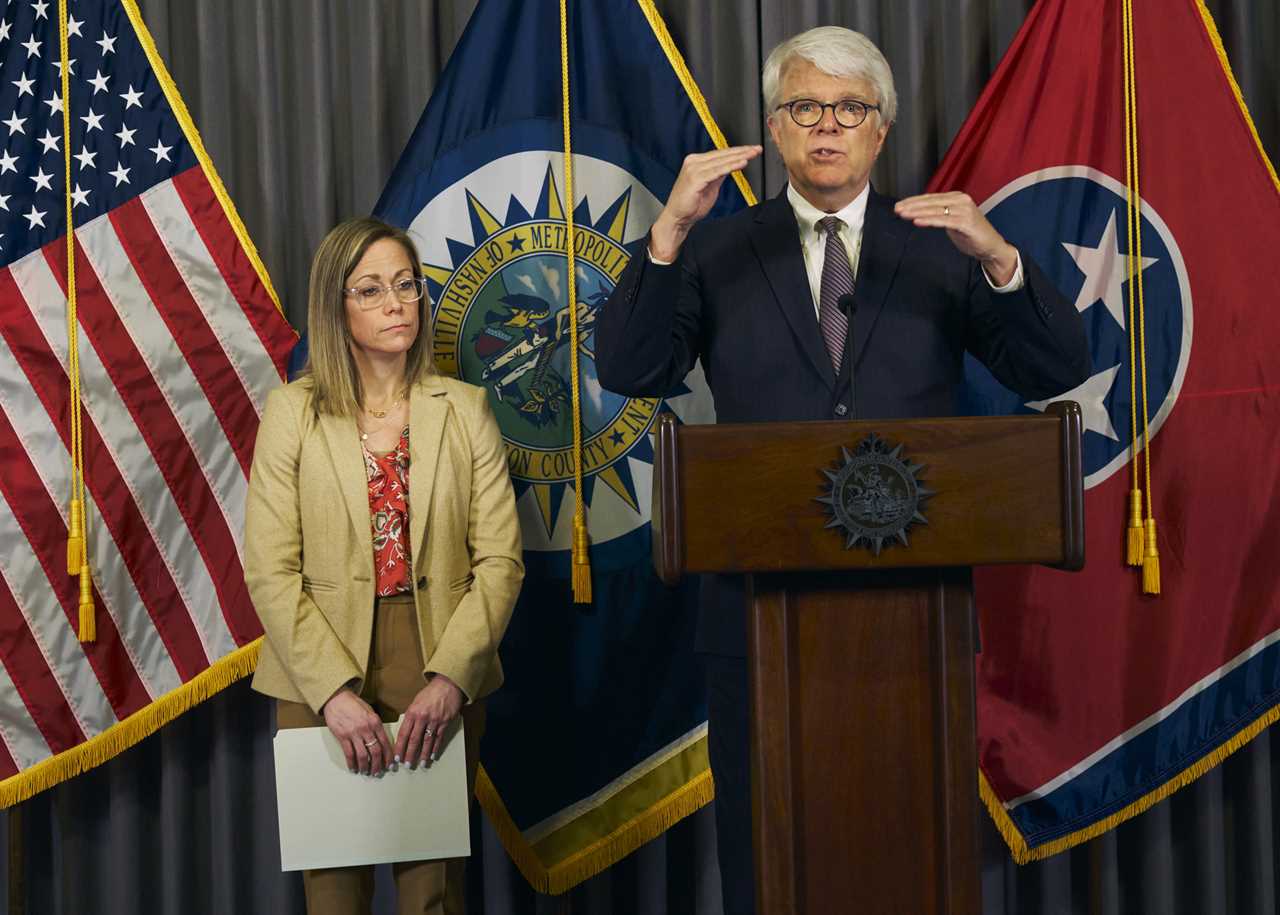
This is a version of something happening all over the country, at every level of government, in which the preferences of voters often filter through representative bodies whose lopsided majorities don’t really represent the electorate of the state around them. In Tennessee’s case, the metro area of Nashville, its most populous city and the economic engine of the state, finds itself with little policy influence inside a gun-friendly Legislature, while also being the site of three anguishing mass shootings in just over five years: At a church, at a Waffle House, and now at a Christian school. But it’s not just a Nashville problem — public opinion across Tennessee actually favors some tightening of gun laws, even while the Legislature prior to the Covenant shooting was using the unassailable power of its supermajority to move in the opposite direction, notably with a law allowing people over 21 to carry a gun without a permit. The Legislature has also pursued the hard-right social priorities of a much more conservative electorate than it actually represents, including a ban on some drag shows (since blocked by a judge) and one of the country’s strictest abortion bans. Tennessee, surely, is a conservative state, but it isn’t that conservative — Joe Biden got nearly 40 percent of the vote there in 2020. (I reached out to individual members of Tennessee House GOP leadership, as well as House GOP communications staffers; the only Republican legislator who commented was the one who had voted not to expel Jones and Pearson.)
Still, with the state’s Republican majority now under rare national scrutiny and pressure over guns, the Legislature might ultimately wind up siding with the majority of their constituents after all.
But the structural incentives don’t favor it. “To me, it follows a national narrative,” Pastor Tucker told me on Tuesday. “We look at what’s happening in Florida; Texas; Jackson, Mississippi” — all red states reflecting similar tensions with their blue cities, where state legislatures have struck at local control in their largest population centers — “all of those things are interconnected. … Whoever is in power becomes the gatekeeper of the tenets of democracy. But it appears that there are folks across this country, and here in Tennessee, willing to throw those things out the window.”
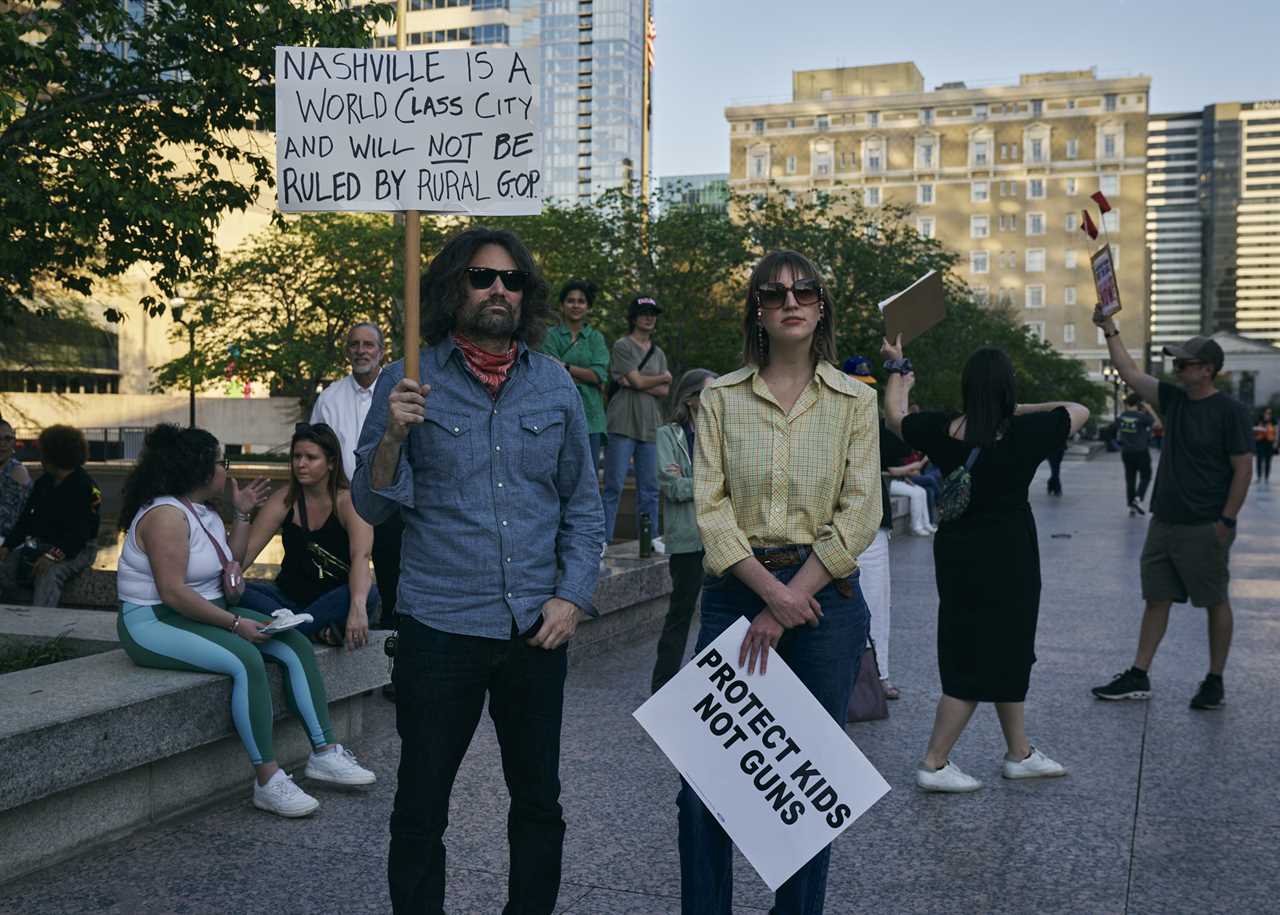
‘They’ve been stealing seats.’
Tennessee was not ever thus. This is, after all, a state in which then-Senator Al Gore, a Democrat, carried every county in his 1990 re-election bid. “When I started in 1994, Democrats were in control of the House, the Senate, as well as the executive branch” statewide, said Larry Miller, a Memphis-area Democratic representative who is one of the longest-serving legislators in the Tennessee House. His tenure has overlapped with those of five governors — two Democrats and three Republicans. He was in his third term when Gore lost his home state in 2000. When Barack Obama started running for president, sometime in Miller’s seventh term, Miller noticed the rightward shift really accelerate. “The Republicans,” he said, “began every two years to gain more and more seats in the state.”
In the decade or so since Republicans claimed a supermajority in both legislative chambers in 2012 — which effectively allows them to pass party-line laws without any votes from their handful of Democratic colleagues — the state has also grown, particularly the central zone that includes Nashville. Boosters have lately pitched the area to good effect as a kind of Silicon Valley of the South and, according to research from the Greater Nashville Technology Council, Middle Tennessee’s tech job growth exploded by more than 50 percent between 2015 and 2020, outpacing the national average. Amazon has set up shop there and Oracle has vowed to bring thousands more jobs to the area; other companies one wouldn’t think of as “tech” per se, such as Bridgestone and Nissan, have relocated their headquarters to Nashville and brought an army of tech jobs with them; and this being “Music City,” Apple, YouTube and Spotify all have a music tech presence here. The Wall Street Journal has dubbed Nashville 2022’s “hottest” job market, edging out Austin, Texas; another report found Tennessee leading the country in tech workers moving to the state since the pandemic. “Companies keep moving and opening new jobs. As soon as we fill them, we have more to fill,” said Elise Cambournac, the CEO of the Greater Nashville Technology Council.
This is one reason greater Nashville is the economic engine of the state, accounting for some 40 percent of the state’s GDP. (Another major one is tourism and, if there’s one bipartisan issue in the city, it’s annoyance with bachelorette parties.) And, though no one measures this directly, the city’s growing hordes of millennial tech workers may have contributed to its slight blue-ening over time — a Vanderbilt University poll shows an uptick of city residents calling themselves liberal or very liberal since it was first conducted in 2015, albeit from 26 percent to 30 percent. (They outnumber conservatives by six points, and self-described moderates handily prevail over both.) But metro-area residents do vote for Democrats: In the 2020 presidential election, Joe Biden notched nearly 65 percent in the county that includes Nashville, a five-point improvement over Hillary Clinton’s 2016 showing there. So the “Silicon Valley of the South” thing isn’t necessarily driving a huge cultural shift as much as showcasing a low-tax, quite affordable alternative to living in the actual Silicon Valley.
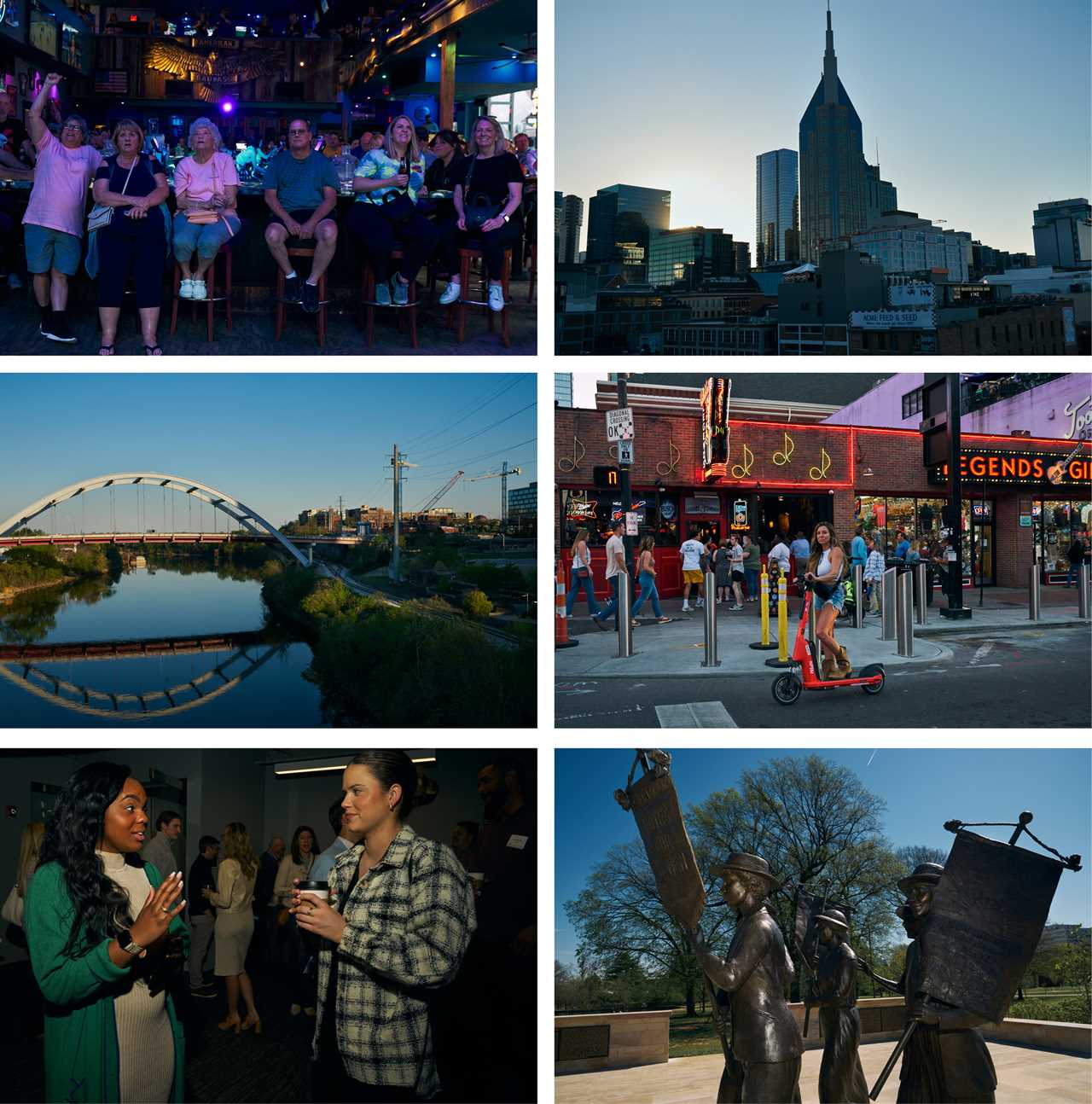
Charlie Baum, a Republican representing suburban counties outside Nashville in the state House, is also an economics professor who got his Ph.D. at UNC Chapel Hill at a time when North Carolina’s research triangle was experiencing similar growth. “I felt like the growth in North Carolina was making North Carolina much more purple than I feel the growth is making Tennessee or Middle Tennessee,” he said. (Baum, incidentally, was the only member of his caucus to vote against expelling Jones and Pearson, saying his constituents were not in favor of doing so.)
“We’re not talking about San Francisco. We’re not talking about Burlington, Vermont,” said John Geer, the dean of Vanderbilt’s College of Arts and Sciences, who co-directs the Vanderbilt Poll. But, he said, over the same period that Nashville has pulled somewhat left, the Legislature has gotten much more conservative. “So [Nashville] feels even more liberal than it really is, because the gap between the city and the state has grown.”
This political gap, combined with Nashville’s economic dominance, is a recipe for resentment. Especially because that gap is a product not only of Tennessee’s underlying conservatism, but also of policy decisions the Republican majority has made over time to entrench its dominance. As parties in power are wont to do, they’ve drawn themselves into safe legislative districts at the state and federal levels. “They’ve been stealing seats,” said Charlane Oliver, a Democratic Nashville-area state senator and co-founder of the Equity Alliance which, among other things, works to increase Black voter turnout. “They’re stealing our money,” added her husband Leshuan.
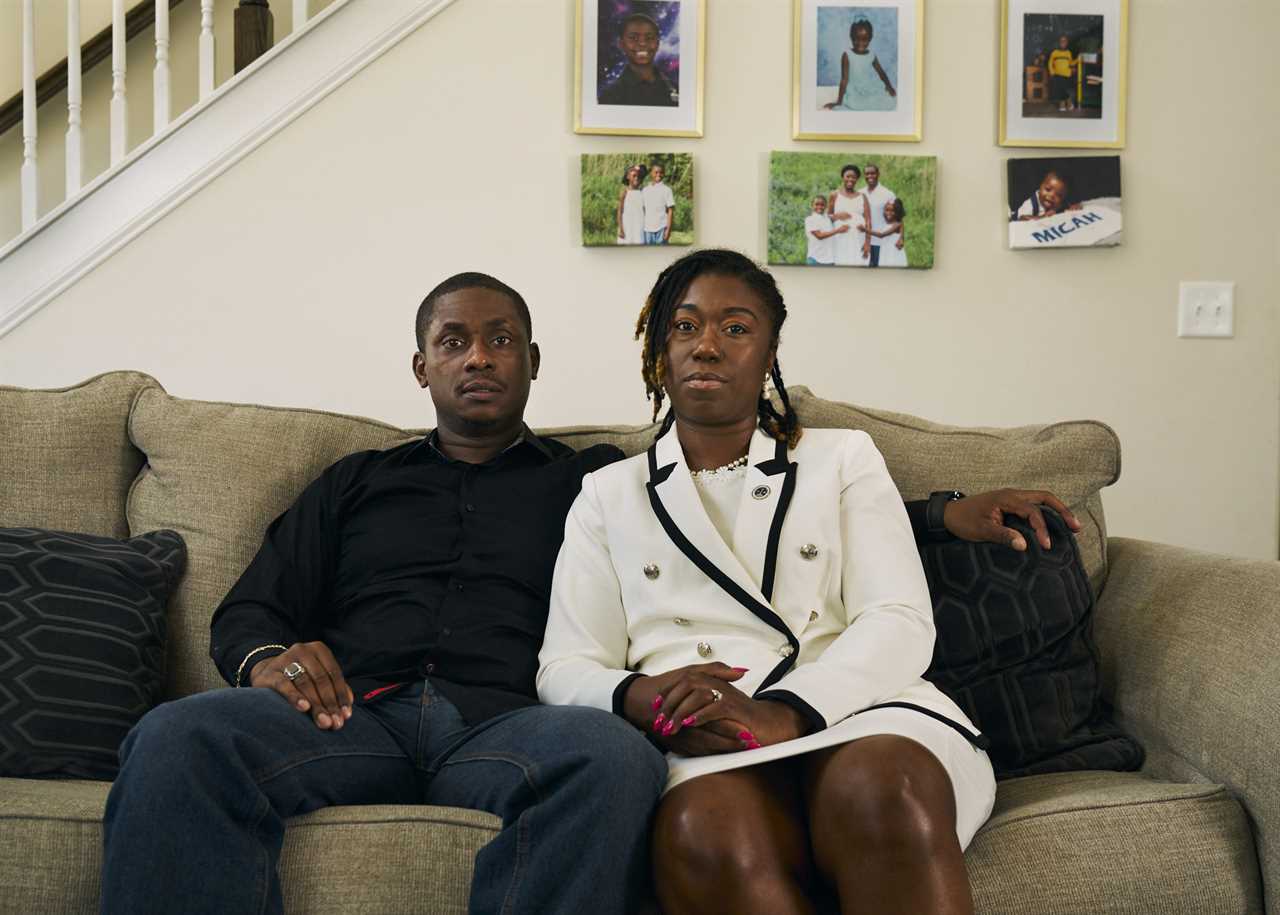
They’ve also crafted one of the stricter voting regimes in the country — which includes permanent disenfranchisement for certain felons, a strict voter ID law (gun permits count, but college student IDs don’t), and a requirement to register at least 30 days before the election. (There is no waiting period for purchasing a gun. “It is absolutely easier to get a gun than to vote in Tennessee,” Charlane Oliver said.) Perhaps not coincidentally, Tennessee consistently ranks near the bottom of all 50 states in voter turnout. Trump beat Biden roughly 60-40 there in 2020 (compare that to Gore’s mere 3-point loss in 2000 for a measure of the state’s political shift), but a third of voters didn’t bother at all, and that was in a record year for Tennessee turnout. The state still ranked 46th in the nation for turnout that year.
Turnout is even worse in party primaries. But party primaries are the elections that matter most, because in most cases the Republican nominee is basically guaranteed to win the general election. (There are zero competitive seats in the State Senate, according to the Princeton Gerrymandering Project, and seven out of 99 seats in the House.) “That, to me, is why politics doesn’t work at some baseline level,” Yarbro, the Democratic state senator, told me. “The number of people who vote in primaries is miniscule compared to those who vote in the general election. And they’re deeply unrepresentative of people who only vote in the general election.”
Gun policy is a case in point. When Vanderbilt last polled on certain gun policies in 2019, more than 80 percent of respondents statewide favored both preventing gun sales to mentally ill people and expanding background checks to private gun sales and gun shows. Nashville’s three recent mass shootings, including at Covenant, all fit a pattern in which the perpetrator was mentally ill and used a long gun. And when Vanderbilt pollsters asked, in 2021, what Tennesseans thought of the state’s new law allowing permitless carry, they found 59 percent opposition.
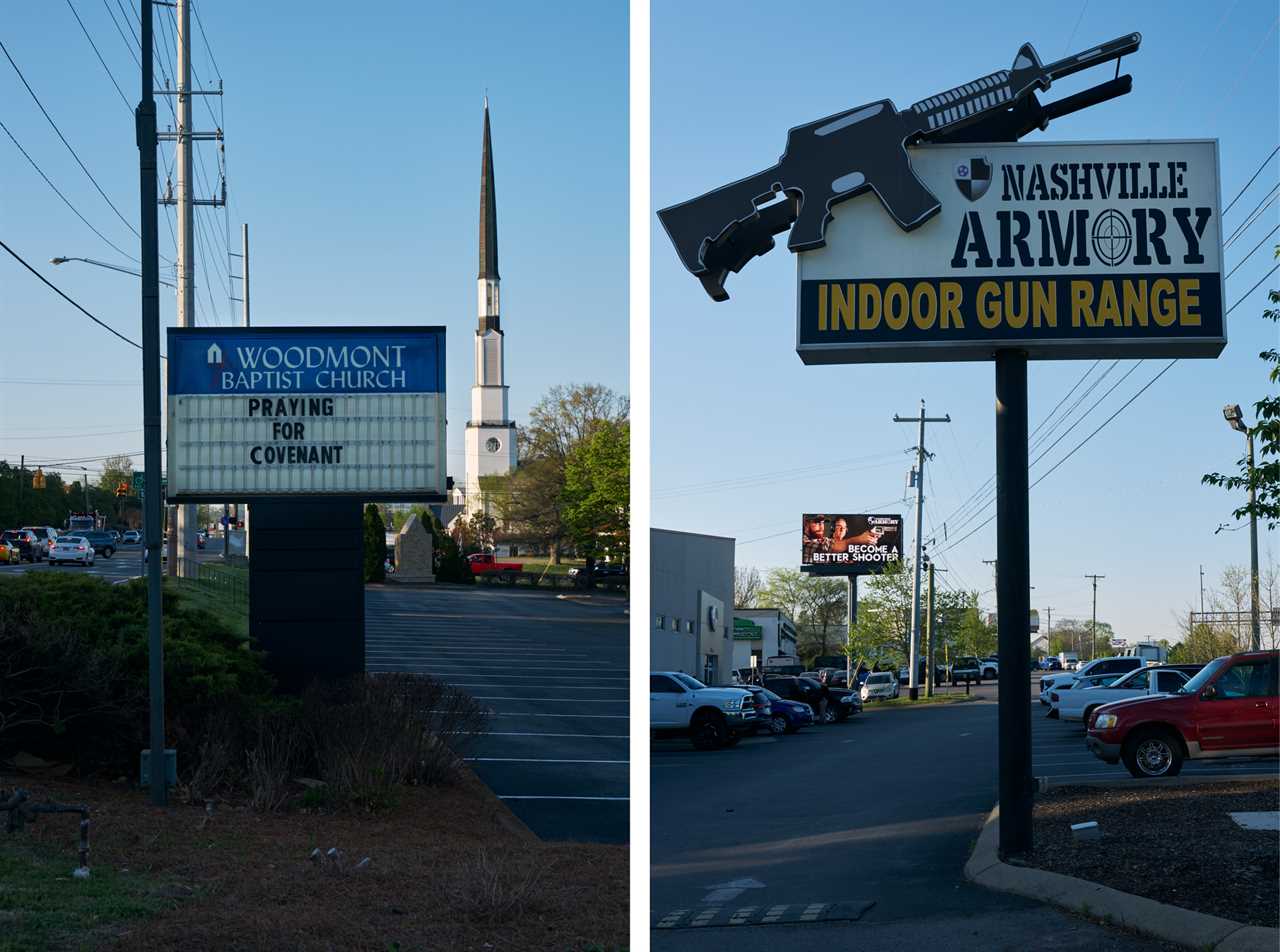
Nashville-area Democrats I spoke to said the GOP had been slowly chipping away at the city’s representation for years — perhaps most prominently in the latest round of congressional redistricting, when the legislature chopped up one Democrat-held Nashville district into three, each of which balances a Democratic slice of Nashville with a swath of Republican rural areas, and each of which is now held by a Republican. (U.S. Representative Andy Ogles, a Republican whose district includes the Covenant School, made headlines for a Christmas card featuring himself and his family hoisting assault rifles in front of the tree. He has said he is devastated by the school shooting.)
“In this case, the rural voters, they’re the tail wagging the dog,” said Lisa Quigley, who served as chief of staff to the Democratic congressman who held what was once the Nashville seat. “The dog is just a tiny puppy with a great big tail. And there’s three little tiny puppies now in Nashville.” At the federal level, Quigley said, “there’s no place Nashvillians have to go, with two Republican senators that are quite conservative and seen as very much on the right side of the right.”
Charlie Baum, asked about the charge that Nashville was under attack from the state legislature, responded "through the lens of an economist." Tennessee, he said, "is an extremely well-managed, efficient state. Our bonds are rated Triple-A. U.S. News and World Report the last several years has ranked Tennessee either No. 1 or near the No. 1 spot for fiscal stability. ... And so in spite of the hot-button social-issues, Tennessee has been managed fiscally in a very, very sound way." He said the state and Nashville work together better than the media portrays, citing joint projects including on the riverfront, where the state is committing funds for a new Tennessee Titans stadium. "I want to be much more positive on the relationship here."
Nashville did retain some ways to express its displeasure, and last August did so, with its Metro council voting down a plan to host the 2024 Republican National Convention in the city for the stated reason of cost and safety concerns. Even at the time, legislative retaliation against the city was expected: Republican House Speaker Cameron Sexton accused the council of “surpass[ing] other Democrat-run cities” such as Philadelphia and New York “as the most progressive, liberal council in America.” Bob Mendes, a Democratic council member, wearily braced for impact, telling the Tennessee Lookout that “fallout from the state is a constant state of affairs in Nashville.” Within six months, the legislature had passed a bill to slice the council in half, with Republican state Sen. Adam Lowe arguing at the time that “smaller groups make better decisions.”
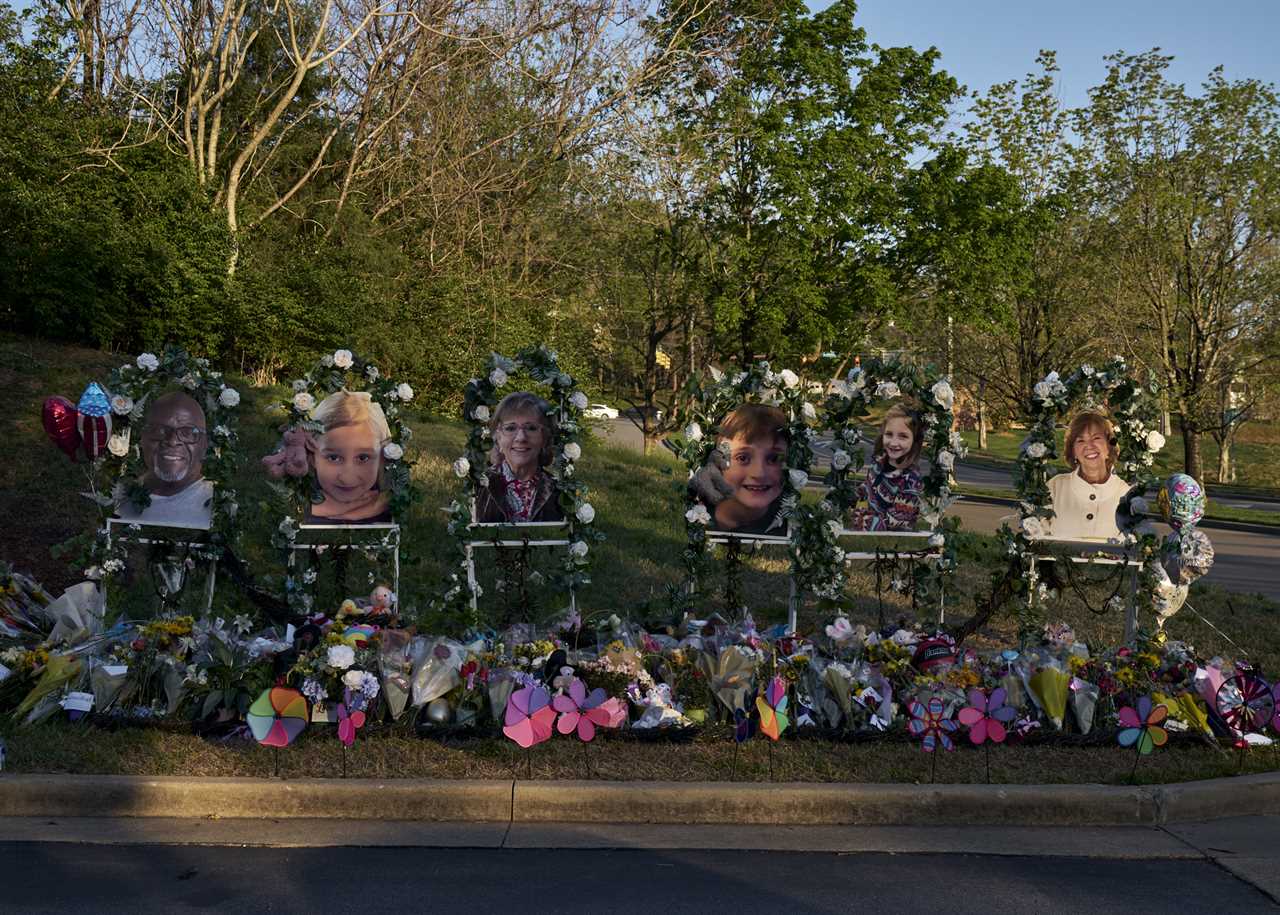
By then Justin Jones, who had made his name partly as an activist and organizer protesting George Floyd’s murder outside the legislature, was inside of it. He had been swept to power in 2022 elections (ironically benefiting from the same safe-district maps that generally favor Republicans), in a primary featuring two progressives and in which barely anybody voted. Being in a superminority, Jones was powerless to stop the attempted cut to the Nashville council, but already crosswise with Republicans who knew him from his years of activism. As a legislator rather than a protester, “they can’t lock him out of those doors,” said Democratic state Sen. Charlane Oliver, who won her own Nashville-area seat the same year. “He has now been, from the inside, sort of agitating in that way” — and, she said, getting his mic cut off in committee hearings, getting ignored when he raises his hand to be recognized, “little petty stuff.” The tension had been building all session, she said. “He brought a 1619 Project book to the [governor’s] inauguration. That obviously pissed them off.”
What really pissed them off was Jones’s role with his colleagues as crowds showed up in the galleries after the Covenant shooting, clamoring for gun measures from a legislature accustomed to setting its own agenda. When Jones and Pearson raised a bullhorn to amplify those protests in violation of House rules, the majority did what was well within its power to do: It shut them down and kicked them out. Invoking his own small-d democratic argument, Republican House Majority Whip Johnny Garrett said at the time that the members had “shut the order of this institution down” and “silenced 7 million people,” meaning the entire population of Tennessee. But that exercise of supermajority power may have exposed its limits: The unwitting result of turning protest leaders into national political martyrs, standing on principle for the safety of teachers and schoolchildren, is that the kinds of gun laws Tennessee Republicans have so far resisted might now actually have a chance.
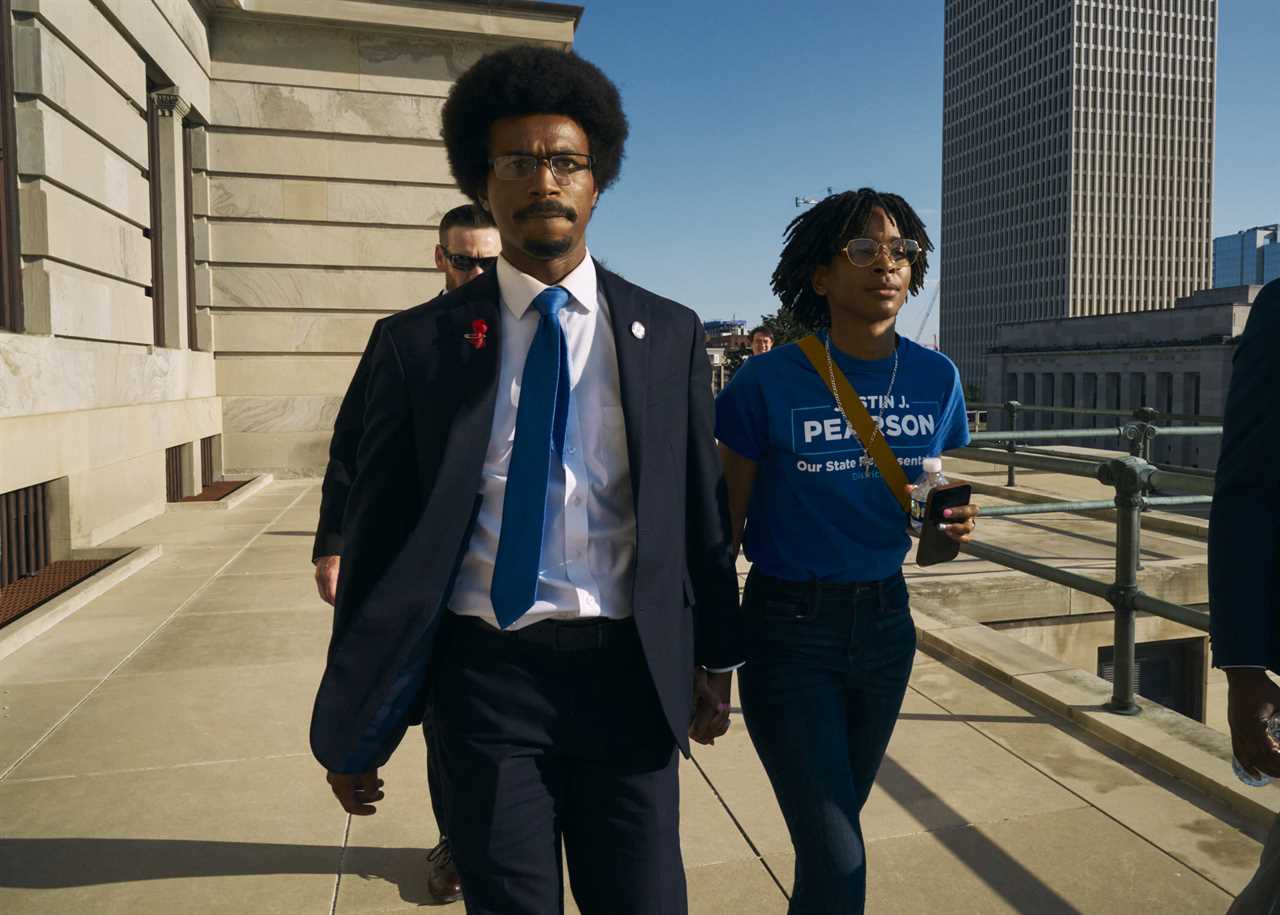
‘They’re ignored. And so they’re left to basically scream.’
The same day Justin Jones was reinstated, away from the crowds and the cameras and the many reporters who had descended on Nashville, House Democratic Caucus Chair John Ray Clemmons and some colleagues spent hours meeting with House Republican leadership to try to find some common ground on gun policy. Similar discussions following the Covenant School shooting had been disrupted by the expulsions, but now, Clemmons said over lunch near the Capitol, legislators were back at the table. “Even though we were talking before, I think there’s new urgency and desire on the other side of the aisle.”
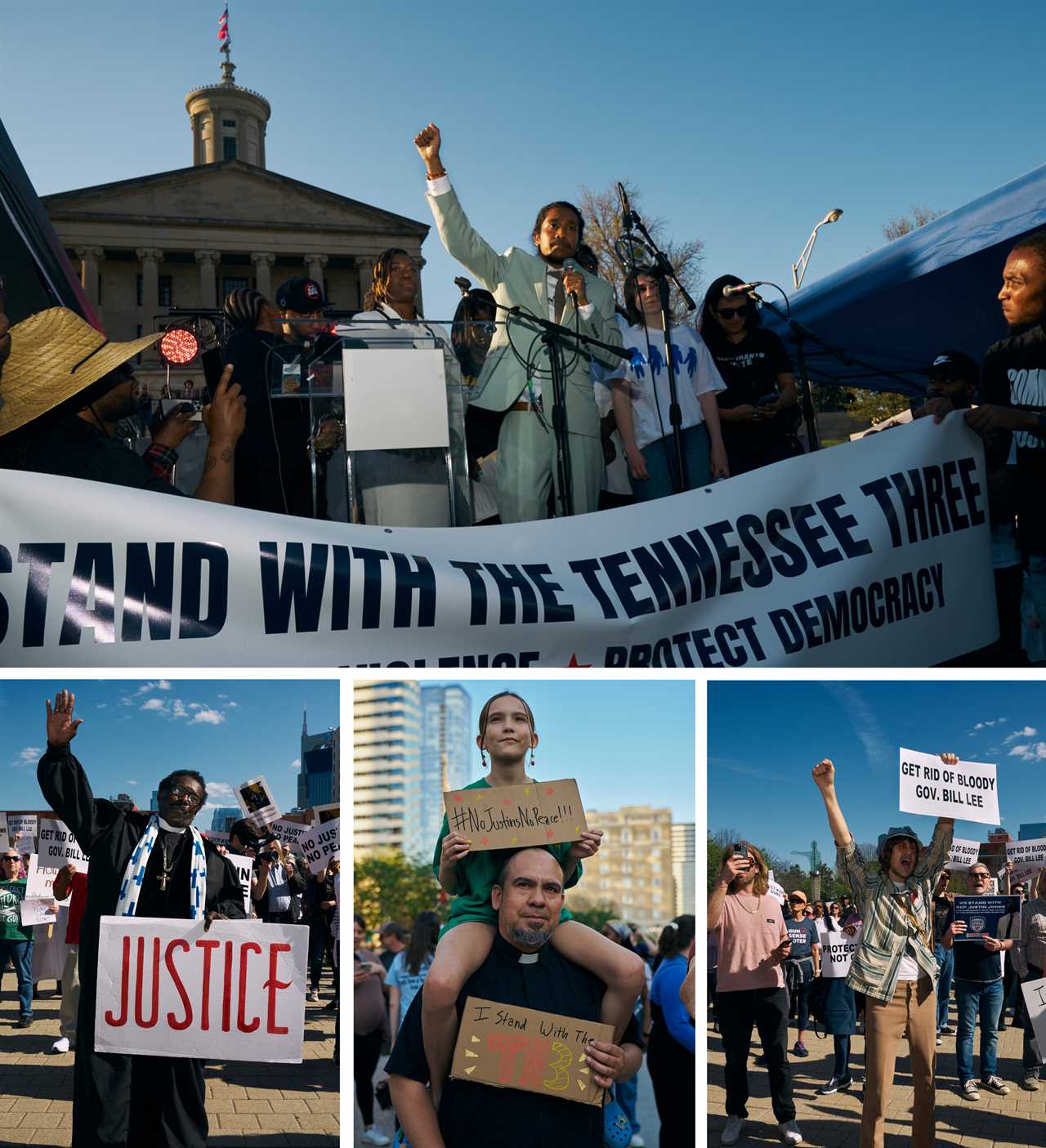
That very morning, Tennessee’s Republican Governor Bill Lee had signed an executive order concerning background checks for buying guns, not expanding them but trying to keep the existing system up to date on potential purchasers’ criminal activity. The real policy changes would have to come from the legislature, though, and Lee reiterated what he’d told The Tennessean prior to the Covenant shooting: That he supports restricting access to guns for people who pose a danger to themselves and others.” (Clemmons asked specifically to be quoted calling the governor “useless.”)
The potential common ground, according to Clemmons, could include some new level of background checks, laws concerning safe storage and “extreme risk protection” or red flag orders, or some regulation of high-capacity magazines. “None of that’s off the table,” Clemmons said, though he wouldn’t specify what was off the table. Also significant is what the legislature likely won’t do. “Before this shooting happened, we were literally rolling back the permit from 21 to 18,” said Caleb Hemmer, another Democratic representative. That loosening appears to have been shelved for now. (Requests for confirmation from the Republican side went unanswered.)

Baum, the Republican representative from the suburbs outside Nashville, said “I think it would be premature for me to speak for the general assembly as a whole. But I think I should add that Tennessee has a tradition of being a strong Second Amendment state.” (Translation: Don’t be surprised if Tennessee doesn’t ultimately pass new gun laws.)
The floor protests and the frenzy over the “Tennessee Three,” including Justin Jones’s quick expulsion and reinstatement, followed by Pearson’s reinstatement later in the week, seem to have done two things to the legislature simultaneously: Disrupt negotiations on actual gun bills, while also amping up the pressure on Republicans to act now that those talks have resumed. In that wrenching and roundabout way, the many Tennesseans who want gun reforms may ultimately find themselves represented in a body with few other incentives to be responsive to public opinion.
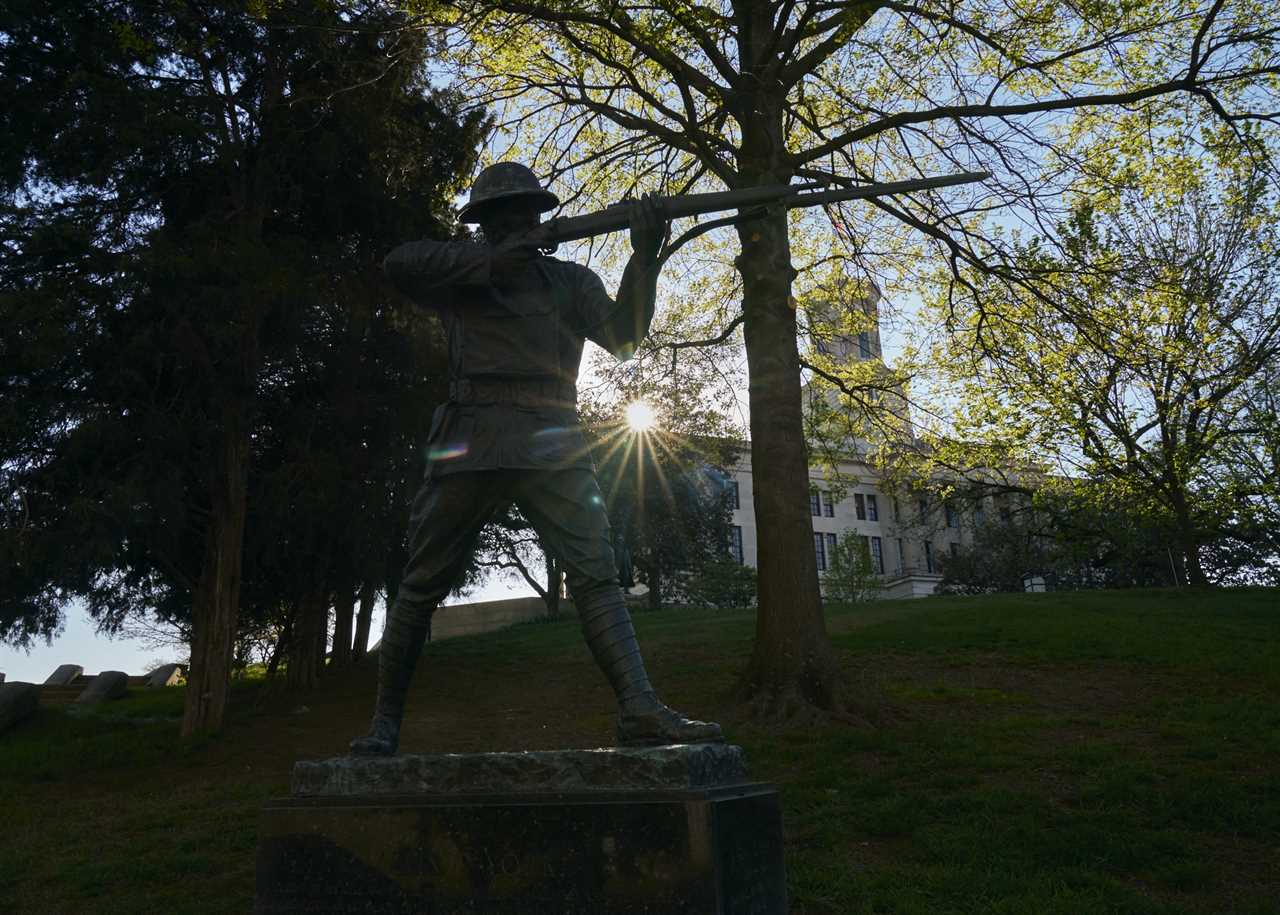
This, perhaps, is just the way it works in a supermajority state. “There are consequences to supermajorities,” said Geer, the co-director of the Vanderbilt poll. “The minority’s incentive to try and get along dissipates because they’re ignored. And so they’re left to basically scream. Literally and figuratively.”
----------------------------------------
By: Kathy Gilsinan
Title: Tennessee Is Waging a Culture War — Against Its Biggest City
Sourced From: www.politico.com/news/magazine/2023/04/14/tennessee-culture-war-nashville-00091784
Published Date: Fri, 14 Apr 2023 03:30:00 EST
Did you miss our previous article...
https://consumernewsnetwork.com/politics-us/what-is-beau-is-afraid-all-about






